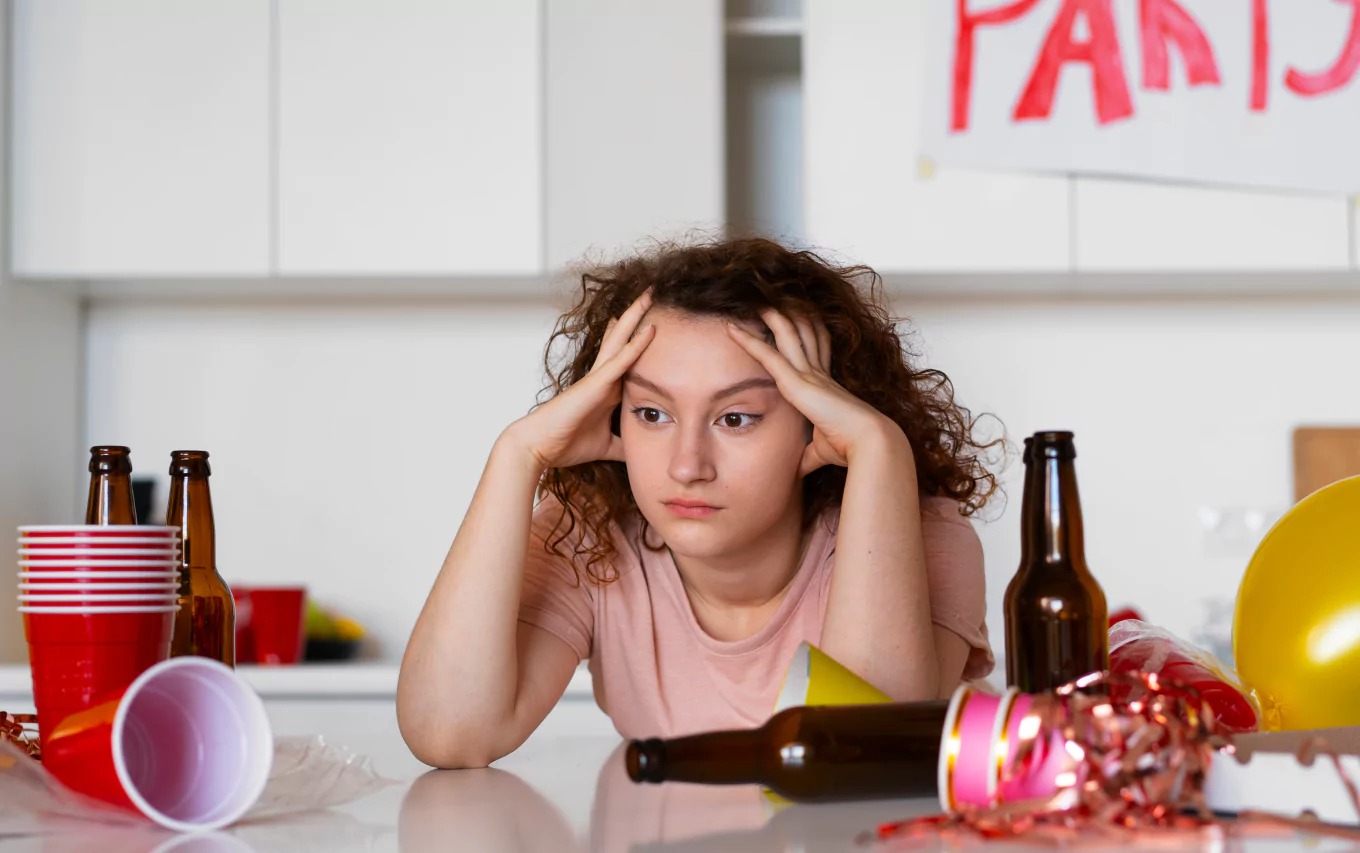
Alcohol And Mental Fatigue: In today's fast-paced life, stress and mental fatigue have become a common problem. Amidst office deadlines, family responsibilities and social pressure, people often adopt many methods to calm their mind.
One of these methods is drinking alcohol. Many people believe that drinking alcohol reduces their stress and provides relief from mental fatigue. But does alcohol actually reduce mental fatigue? A recent study has tried to find the answer to this question (Alcohol And Anxiety) and its results are quite surprising.
The connection between alcohol and mental fatigue
After drinking alcohol, as soon as alcohol enters your body, it starts affecting your mind and body immediately. Initially, you may feel calm and stress-free for a while, as alcohol slows down your heartbeat and reduces your activity. This means that when you drink whiskey or wine for the first time, the calming effect of alcohol can temporarily relieve you from anxiety.
However, it is important to remember that this effect of alcohol is not permanent. According to research by Karam et al (2010), although alcohol may initially reduce anxiety symptoms for people suffering from anxiety disorders, this relief is temporary. This means that alcohol is not a permanent solution to anxiety and in fact, in the long run it can make anxiety worse.
Alcohol has such an effect in the long run
Initially, drinking alcohol gives some peace, but later it can increase anxiety. This happens because alcohol disturbs the balance of brain chemicals. There are some chemicals in the brain called serotonin and dopamine which keep our mood good. Drinking too much alcohol disturbs the balance of these chemicals and can increase anxiety.
After drinking alcohol, when the effect of intoxication starts to wear off, anxiety may increase. People who are troubled by anxiety are at a higher risk of becoming addicted to alcohol. They try to reduce their anxiety with alcohol, but this can make their condition worse. Anxiety and alcohol addiction can increase each other.
People often turn to alcohol to ease their anxiety, but this can become a cycle. Anxiety may subside for a short time, but in the long run it increases, which can lead to drinking more alcohol. Research clearly shows that drinking alcohol every day can increase anxiety and its problems and can lead to addiction and mental stress. So the next time you are stressed and think of drinking, remember that it is not good for you.
--Advertisement--

 Share
Share



